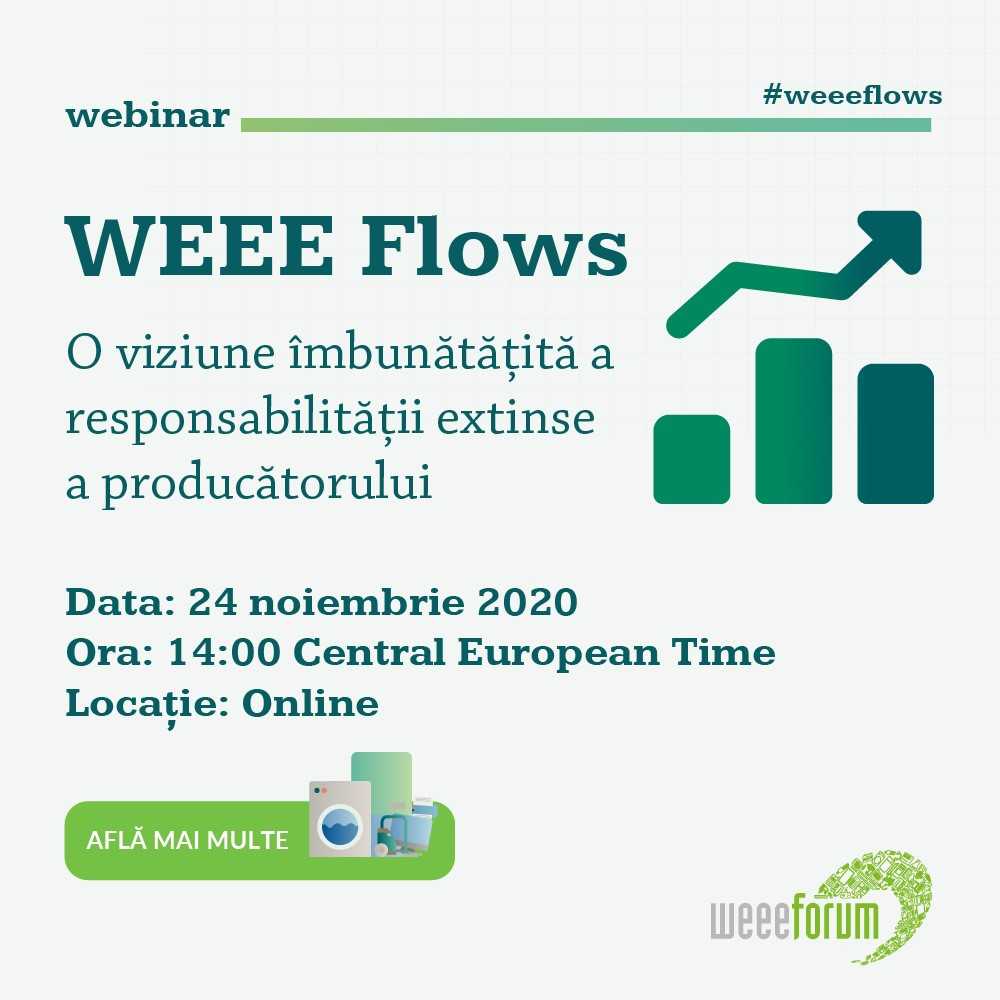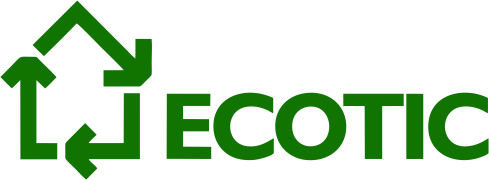Brussels, 23 November 2020
Most EU Member States will not reach the 2019 WEEE collection target.

In a report to be published tomorrow, November 24, which investigates why the objectives are difficult to achieve, the United Nations Institute for Training and Research (UNITAR) notes that there is a huge amount of WEEE collected that is not reported. UNITAR further states that all actors that can influence collection rates should be responsible and not just the producer responsibility transfer organizations (OTRs) and the producers they represent.
Moreover, a report based on UNITAR research and produced by the WEEE Forum presents the fundamentals of a new policy approach that is needed to increase the reported collection of WEEE. Its conclusions, together with the document issued by the WEEE Forum, will be further discussed in a webinar on 24 November (https://weee-forum.org/ws_events/webinar-weee-flows/).
LEGISLATION
In 2002, EU law entered into force[1] designed to regulate the environmentally sound management of e-waste. It made Member States responsible for achieving WEEE collection targets, while producers of electronic products were obliged to finance WEEE management. Ten years later, the Directive has been reformed, requiring that, from 2019, the minimum collection rate to be achieved annually be 65%.[2] of the average weight of electrical equipment placed on the market in the previous three years, or, alternatively, 85% of WEEE generated.
All Member States have implemented EU law, and during this time huge progress has been made in achieving the targets. For example, 48 million tonnes of WEEE were reported to be collected in the EU between 2005 and 2018. However, after so many years of concerted effort, most Member States have not reached their 2019 collection target.
ACHIEVING THE COLLECTION RATE
Producers and OTRs, as well as other actors in the field, have made huge efforts to better understand why it is so difficult to reach the collection target and where undocumented WEEE goes. Too much e-waste is currently being improperly disposed of, mixed with scrap metal, illegally exported and irresponsibly handled.
Kees Baldé, lead author of the report, states: “One of the key principles of WEEE legislation must be that all actors who can influence collection rates should be responsible, cooperating and have access to the WEEE generated. We call this the "All Actors Approach." ”
Based on this research, the WEEE Forum proposes in this report "An improved definition of extended producer responsibility and the role of all actors", to be launched on 24 November, and for the official tonnage reported to increase, Member States should it must introduce a series of support measures that act as a catalyst for improvement. However, noting that these support measures are not a guarantee of achieving the collection targets, there are a number of key elements that need to be included in a new policy approach.
Pascal Leroy, CEO of WEEE Forum, states: “Based on UNITAR research and the collective experience of WEEE Forum member OTRs, we say that a constructive assessment of how collection objectives are defined is needed. Taking into account almost two decades of implementing WEEE legislation and the nature of changes in electrical equipment entering the market, this assessment will ensure that the approach to WEEE management is up-to-date and more effective now and in the future. This applies to any country that currently has or intends to introduce extended producer responsibility in the WEEE sector. Our recommendations are equally applicable outside the EU. ”
WEEE Flows - November 24th
Speakers and commissioners confirmed at the WEEE Flows event on November 24 will include Thomas Lindhqvist, the person accredited with the introduction of the concept of EPR (Extended producer responsibility), and Mattia Pellegrini from the European Commission's Directorate-General for the Environment. They will be joined by representatives of OTRs and the production sector who will discuss the current climate and the vision that WEEE Forum presents in its paper.
Find out more on www.weee-forum.org.
[1] Directive 2002/96 / EC of the European Parliament and of the Council of 27 January 2003 on waste electrical and electronic equipment (WEEE)
[2] Directive 2012/19 / EU of the European Parliament and of the Council of 4 July 2012 on waste electrical and electronic equipment (WEEE), OJ L197, 24.7.2012.
